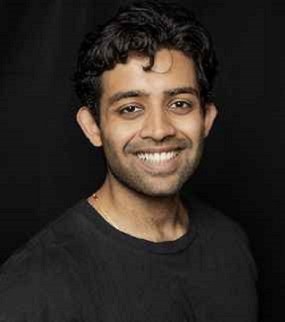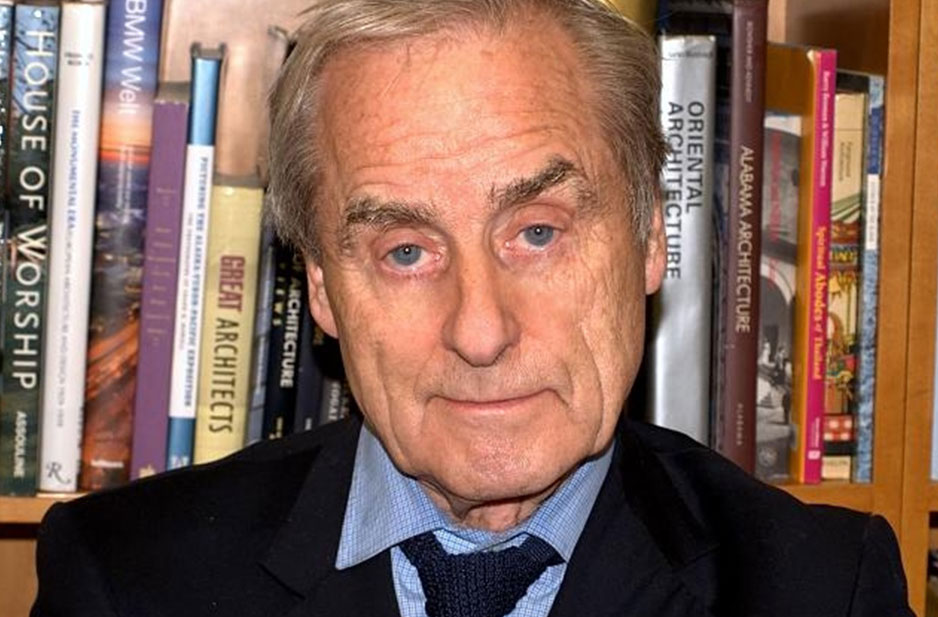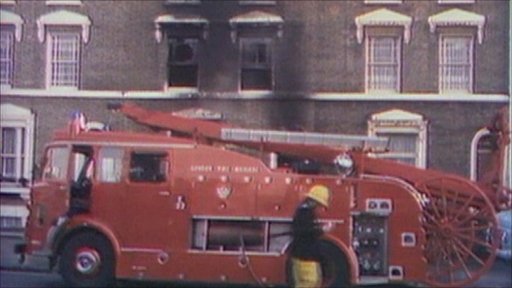The British-American former Sunday Times editor was famed for leading an investigation into the drug Thalidomide - which first appeared in the UK in 1958, and was prescribed to expectant mothers to control the symptoms of morning sickness - and fighting the Distillers Company for greater compensation for the victims.
During a 70-year career Sir Harold also worked as a magazine founder, book publisher, author and editor-at-large at Reuters. He was editor of the Sunday Times for 14 years and oversaw many other campaigns in that time. He later edited the Times but left in 1981 following a public falling-out with the paper's owner, Rupert Murdoch, over editorial independence and his refusal to turn the paper into an organ of Thatcherism - before it eventually did.
Hundreds of mothers in Britain, and many thousands across the world, gave birth to children with missing limbs, deformed hearts, blindness and other problems.
As editor of the Northern Echo in the 1960s, his campaigns resulted in a national screening programme for cervical cancer – amongst other well-covered campaigns.
One of Britain and America's best-known journalists, he then went on to become the founding editor of Conde Nast Traveller magazine and later president of the publishing giant, Random House before writing several books about the press.
A poll, in 2002, by the Press Gazette and the British Journalism Review named him the greatest newspaper editor of all time and in 2003 he was given a knighthood for his services to journalism.
He died of heart failure in New York, his wife Tina Brown said, aged 92.

















